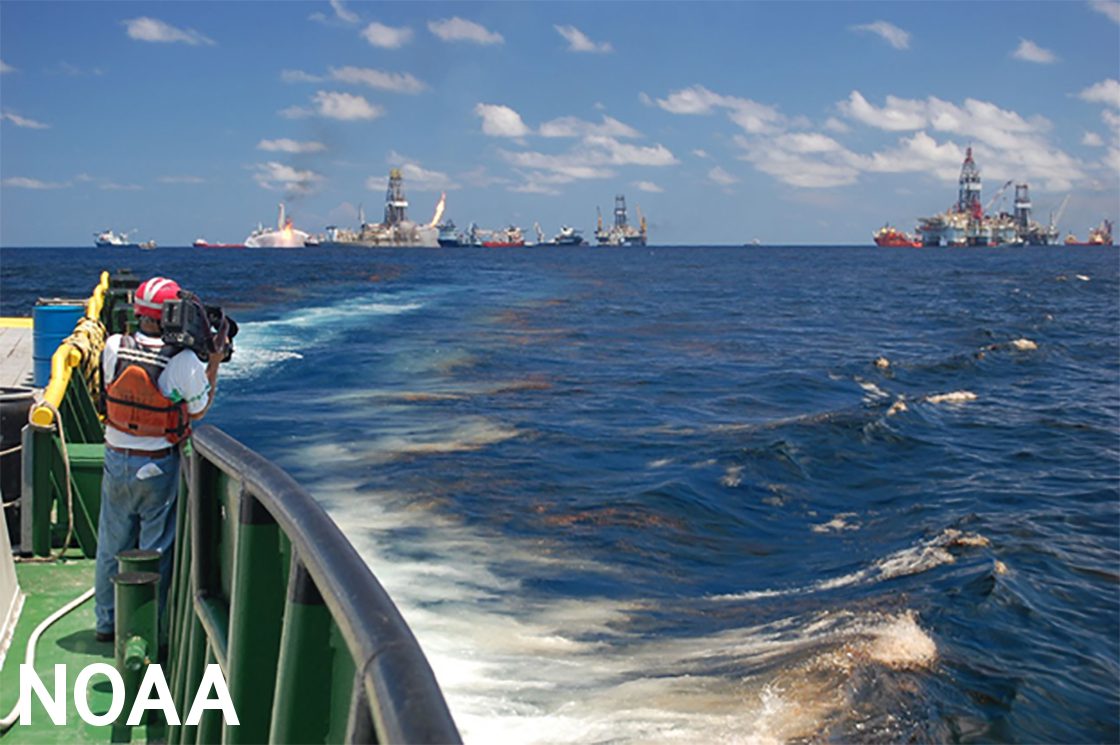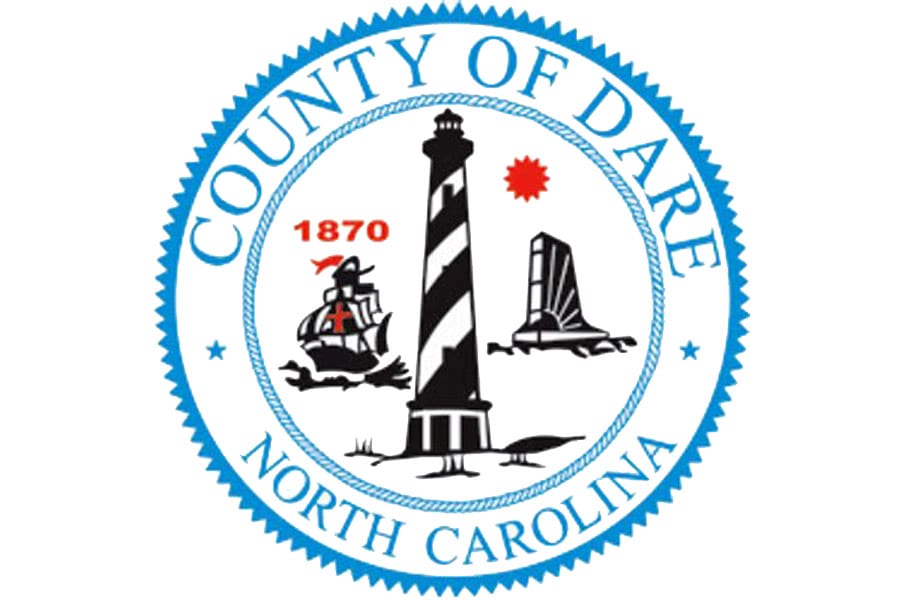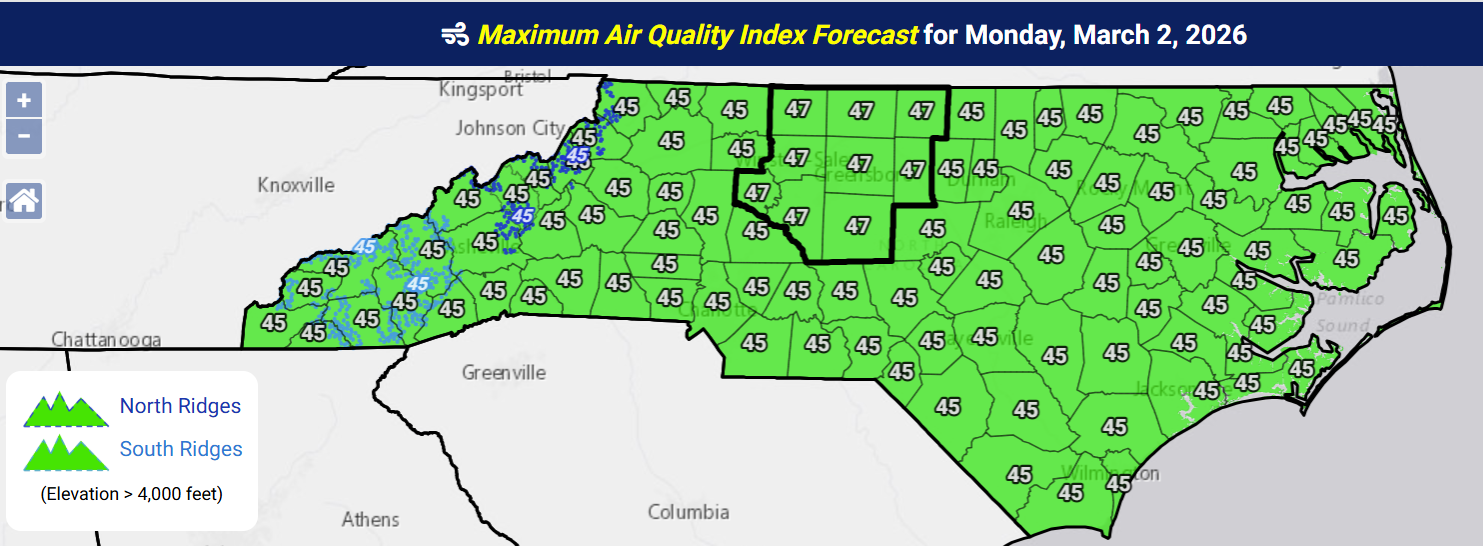
Sen. Cory Booker, D-N.J., and Rep. Frank Pallone, D-N.J., met in their home state Monday for a roundtable discussion, where they pushed to permanently ban offshore oil and gas drilling in the Atlantic Ocean while emphasizing the need to fight the climate crisis and protect marine mammals and their habitats.
The New Jersey senators are among a handful of lawmakers, including Sen. Bob Menendez, D-N.J., and Rep. Deborah Ross, D-N.C., behind reintroducing the Clean Ocean and Safe Tourism, or COAST, Anti-Drilling Act.
Supporter Spotlight
The bill would permanently prohibit the Department of Interior from issuing leases for the exploration, development, or production of oil and gas in the North Atlantic, Mid-Atlantic, South Atlantic, and Straits of Florida planning areas of the U.S. outer continental shelf.
The House referred the bill March 1, the day it was introduced, to the Committee on Natural Resources. The committee then referred the bill on March 22 to the subcommittee on Energy and Mineral Resources. At the Senate level, the bill has been read twice and referred to the Committee on Energy and Natural Resources.
Ross said last month that the anti-drilling act would “protect North Carolina’s coastline and the state’s robust tourism, recreation, and fishing industries from offshore drilling.”
The state’s economy and way of life are rooted in our natural environment, she added.
“Our state depends on a pristine coastline and a clean and healthy marine ecosystem to support robust tourism, recreation, and fishing economies — the lifelines of our coastal communities. I’m proud to introduce the Defend Our Coast Act to prevent offshore oil and gas drilling along the mid-Atlantic seaboard and I will never stop fighting to protect North Carolina’s priceless environmental heritage for future generations,” Ross said.
Supporter Spotlight
Diane Hoskins, Oceana campaign director, said in a statement that the measure would safeguard our oceans and marine life.
“The Defend Our Coast Act puts a permanent end to drilling in the Mid-Atlantic Planning Area and would protect tourism, fishing, and recreation that depend on a healthy ocean and oil-free beaches,” Hoskins said.
Pallone introduced similar bills in 1989, 1995, 1997, 1999, and 2001. Then, in July 2001, he introduced the Clean Ocean and Safe Tourism Anti-Drilling Act. A version of that bill has been reintroduced several times since, most recently in May 2021. It was read twice and referred by the Senate to the Committee on Energy and Natural Resources.
In January 2021, President Biden issued an executive order pausing new leases for onshore and offshore oil and gas drilling on federal land and water. The reintroduction of this anti-drilling act coincides with a bipartisan effort across the country to permanently ban offshore drilling in U.S. federal waters in the Atlantic, Pacific, and Eastern Gulf of Mexico, according to a news release from Booker’s office Monday.
“As the world transitions to a clean economy, there’s simply no logical reason to put our coastal communities and ocean ecosystems at risk with unnecessary and dangerous drilling off our coast. Emissions from offshore drilling fuel the climate crisis and threaten vulnerable coastal communities and wildlife,” Pallone said in 2021.
Menendez, who co-sponsored the bill in 2021, said at the time that “as we turn the corner on COVID-19, the last thing we need is to open our coast up for a man-made disaster like an oil spill that threatens an already fragile economy. A massive oil spill off our coastline would be devastating to the environment and hinder the economy’s ability to fully recover from COVID-19 and natural disasters like Superstorm Sandy. COAST draws a line in the sand and forever bans the exploration and drilling for oil and gas in the Atlantic.”
After the bill to permanently end offshore drilling was reintroduced, House Majority Leader Steve Scalise, R-La., on March 14 introduced his “Lower Energy Costs Act,” that the House approved March 30.
That bill would “increase domestic energy production, including in the Gulf of Mexico, reform the permitting process for all industries, reverse anti-energy policies advanced by the Biden Administration, streamline energy infrastructure and exports, and boost the production and processing of critical minerals.”
The act would also give the Secretary of the Interior authority to “immediately resume quarterly onshore oil and gas lease sales in compliance with the Mineral Leasing Act.”
Sen. John Kennedy, R-La., introduced the Senate companion to Scalise’s bill March 22.







